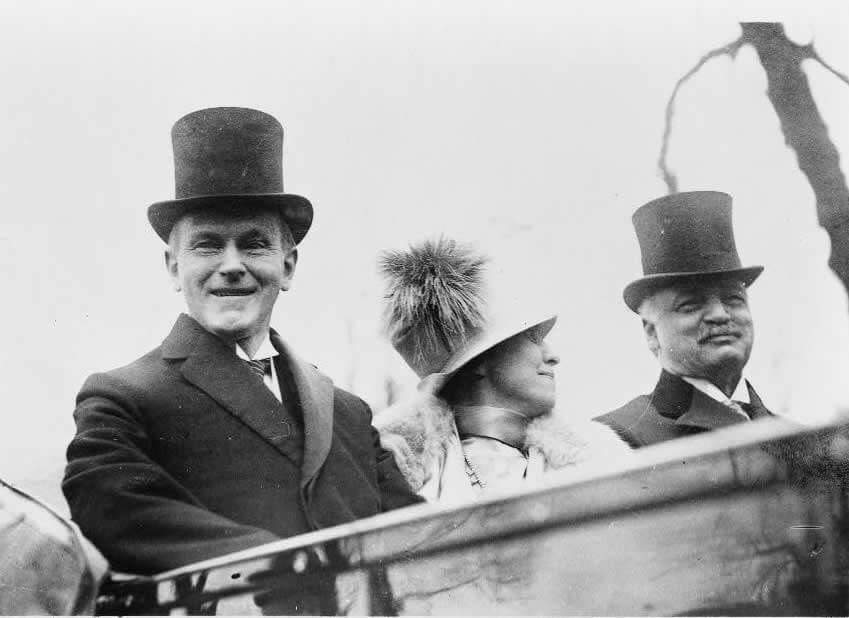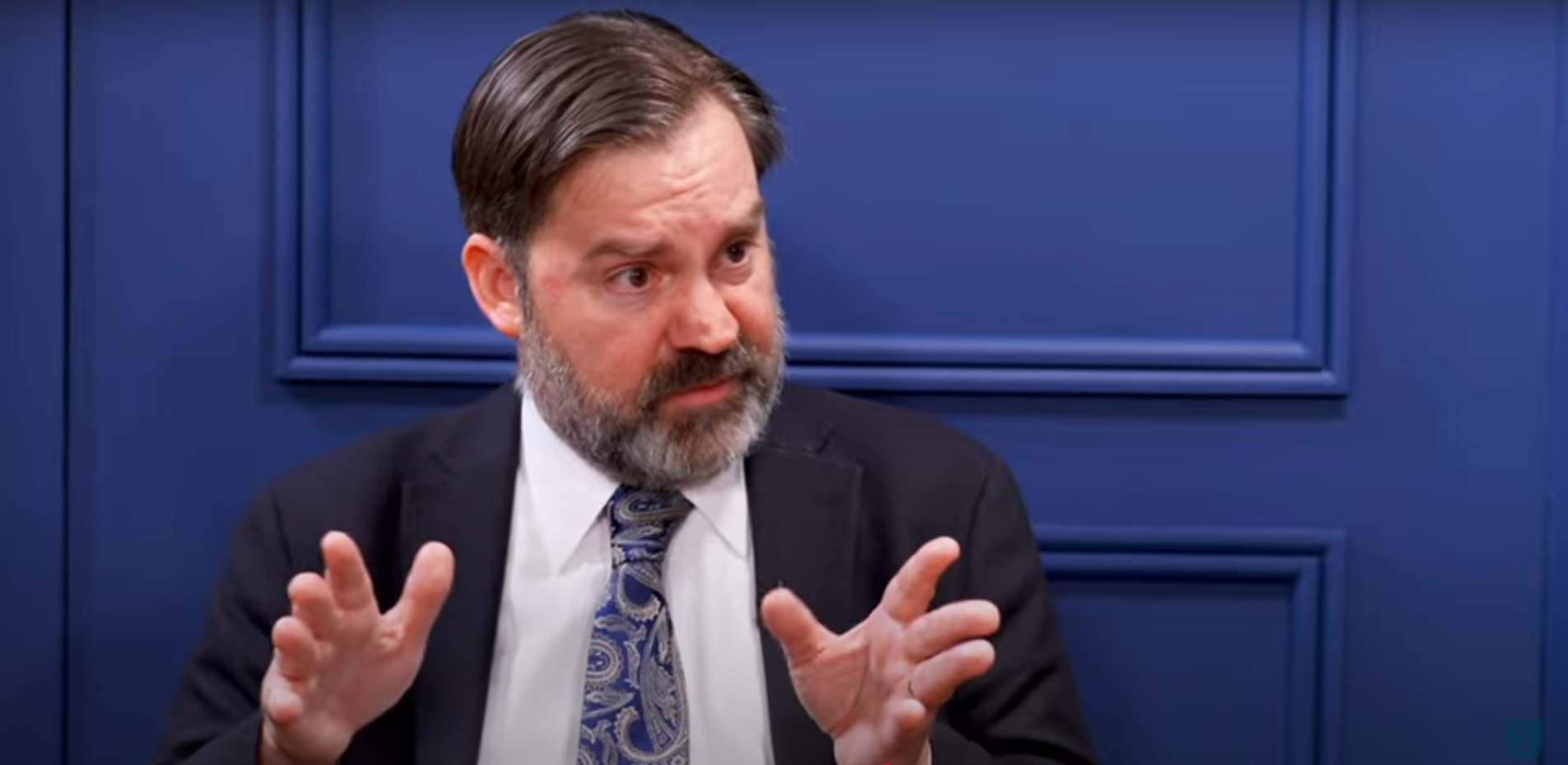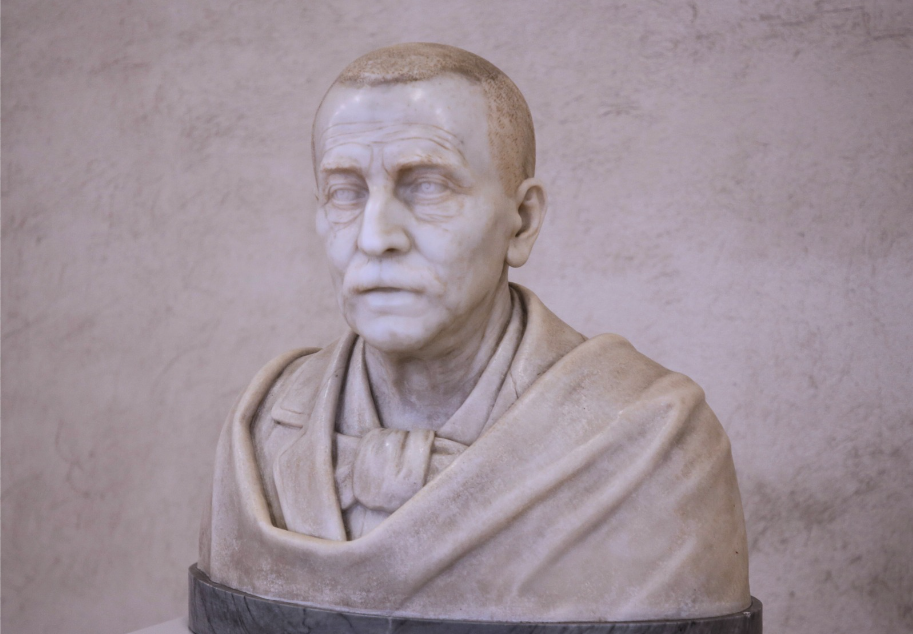Calvin Coolidge was the thirtieth president of the United States, serving from 1923 to 1929. A conservative Republican, Coolidge is much reviled by liberal historians, who see him, along with his predecessor Warren Harding and his successor Herbert Hoover, as leaders of a reactionary period between the Progressive Era (1900–20) and the New Deal (which commenced in 1933). Coolidge especially is portrayed as a shallow, lazy man who was a tool of big business, and his policies are said to have contributed significantly to the onset of the Great Depression. Many historians rank Coolidge among America’s worst presidents. Many conservatives would contend that this portrait of Coolidge is highly inaccurate, asserting instead that Coolidge was a thoughtful and principled statesman whose record has been distorted.
Coolidge first came to national prominence in 1919, when, as governor of Massachusetts, he called out the national guard to quell a police strike in Boston. In a telegram to the labor leader Samuel Gompers, Coolidge declared that “there is no right to strike against the public safety by anybody, anywhere, any time.” The following year, the Republican national convention nominated Coolidge by acclamation to be Warren Harding’s running mate. Coolidge became president when Harding died in 1923. He was elected in his own right in 1924.
A key achievement of the Coolidge presidency was a series of income tax cuts, which helped to spur the economic growth of the “roaring ’20s” and also provided a model for the “supply-side” tax cut movement of the 1980s under President Ronald Reagan. (One of Reagan’s first acts in office in 1981 was to place Coolidge’s portrait in the cabinet room.) Federal revenues rose throughout the prosperous 1920s.
Liberal historians, especially Arthur Schlesinger Jr. in his Crisis of the Old Order (1956), indict Coolidge chiefly for his supposed attitudes about government and business. The most widely misquoted statement of Coolidge is “The business of America is business.” The full context of Coolidge’s remark reveals a much different and more comprehensive meaning: “After all, the chief business of the American people is business. . . . Of course, the accumulation of wealth cannot be justified as the chief end of existence. . . . So long as wealth is made the means and not the end, we need not greatly fear it.” These and other statements show Coolidge to have been a thoughtful and learned man. Even as an adult, he would translate Cicero and Dante from Latin, and he wrote fondly of the poetry of Homer and Shakespeare.
Some historians, including Schlesinger, argue that Coolidge’s policies helped cause the Great Depression. Economic scholarship, especially that of Milton Friedman and Anna Schwartz, has generally refuted this view (see their Monetary History of the United States, 1963). It is worth noting that one liberal economist who dissents is John Kenneth Galbraith, who wrote in his account of the Great Depression that it is “grossly unfair” that “a whole generation of historians has assailed Coolidge.”
Coolidge also wrote and spoke thoughtfully about the American political tradition. He had high praise for the Declaration of Independence and the nation’s founding principles, and he rejected the progressivist ideology. Many of his writings and speeches have an aphoristic quality of substantial merit: “Great men are the ambassadors of Providence sent to reveal to their fellow men their unknown selves. . . . When the reverence of this nation for great men dies, the glory of the nation will die with it.” It should be noted that Coolidge wrote all of his own speeches and articles.
The denigration of Coolidge and the other Republican presidents of his era was a necessary part of the effort to aggrandize the New Deal. As the legacy of the New Deal is gradually reexamined by new generations of historians, so too the statesmanship of President Coolidge is likely to be reevaluated in a more favorable light.
Further Reading
Calvin Coolidge, Have Faith in Massachusetts
Calvin Coolidge, The Autobiography of Calvin Coolidge
Thomas B. Silver, Coolidge and the Historians
This entry was originally published in American Conservatism: An Encyclopedia, p. 195.















